ID: G7N-NKLM
ID: G7N-NKLM
Iervese
Azadirachta indica
Photo
Malawi
06:39 - 24°C
My connections
My ID card
Who am I?
Date of birth
10/06/2023
Also known as
Iervese
Name
Neem
Tree
Neem
Where am I located?
Country
Malawi
Place of birth
Mangochi
Coordinates
14° 11′ 24.08″ S
34° 59′ 22.19″ E
/34.98949651,-14.1900225,0/500x333@2x?access_token=pk.eyJ1IjoidG9tbWFzb3NwZXJvbmkiLCJhIjoiY2tnOTE3eW12MDJqazMybXNzOWV1YjloOSJ9.wtGsuDU7XIKjcv2cq8CiXw&logo=false&attribution=false)
My Timeline
The important moments in your tree's life.
Seed
It all starts with a tiny seed, nice and warm in the soil.
Nursery
Your seedling is big enough to be welcomed into one of our nurseries, along with many others.
Planted
We’re here! Your tree has reached its new home: it’s been planted by a smallholder, who’ll take care of it for years to come.
Photo
Strike a pose! Now that it’s big enough, here’s a photo of your tree!
My Gallery
Nursery
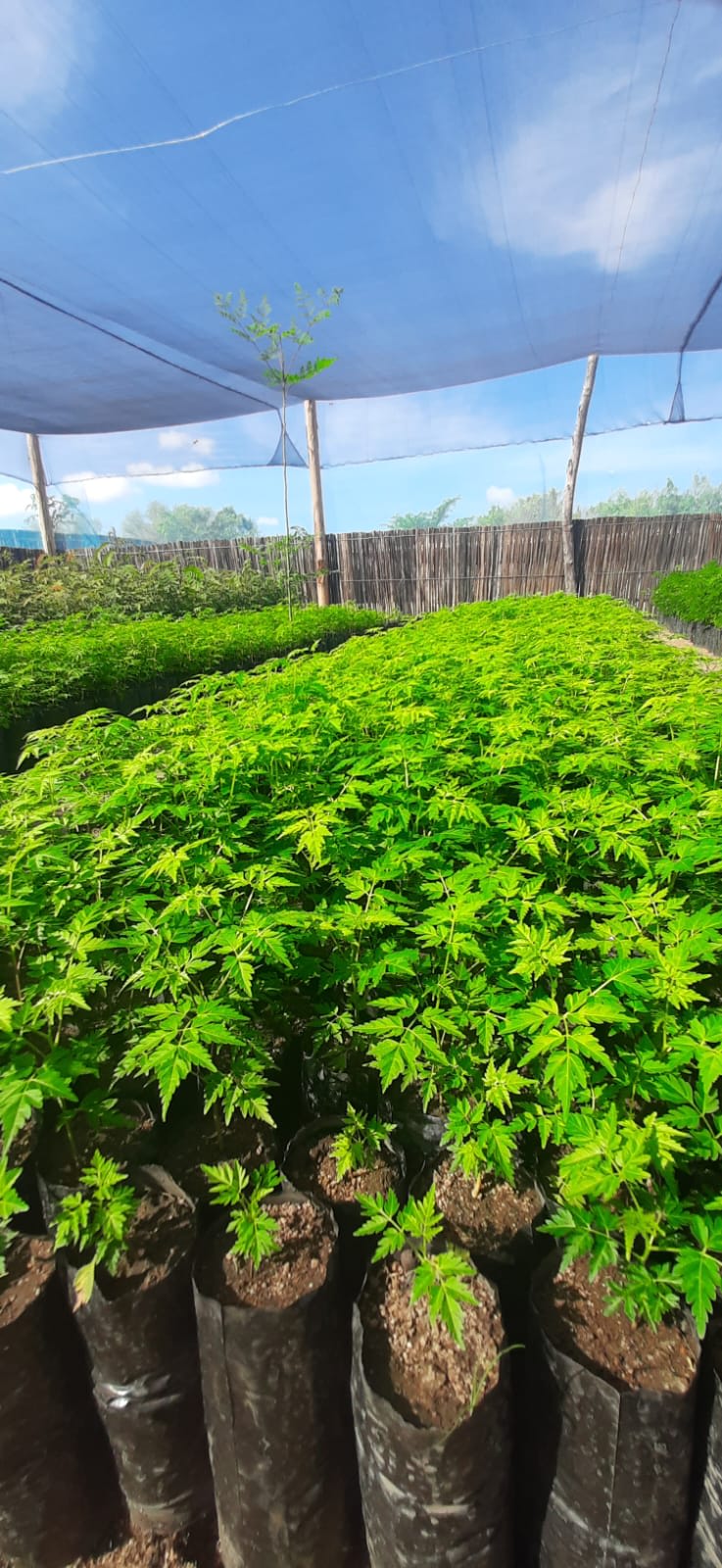
Planted
/34.98949651,-14.1900225,0/500x333@2x?access_token=pk.eyJ1IjoidG9tbWFzb3NwZXJvbmkiLCJhIjoiY2tnOTE3eW12MDJqazMybXNzOWV1YjloOSJ9.wtGsuDU7XIKjcv2cq8CiXw&logo=false&attribution=false)
34° 59′ 22.19″ E
Photo
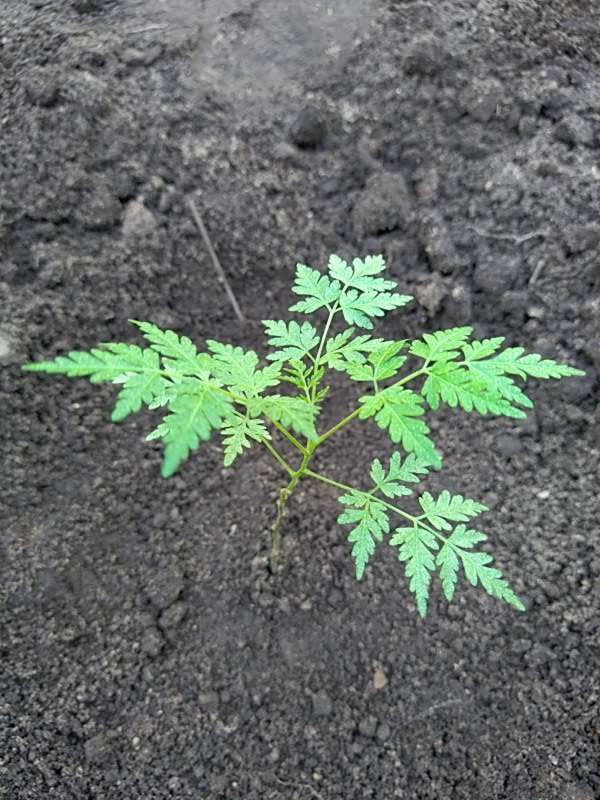
Curiosity about me
The important moments in your tree's life.
Let's start with introductions
A native of India and Burma, the Neem is an evergreen tree that can reach up to 30 metres in height. It is used as a shade tree, thanks to its thick foliage, and as a barrier to desertification, especially in the Saharan regions. But its peculiarity is above all that told by its name in Sanskrit: Sarva roda nidarini, the healer of all ills. There's an almost infinite amount of uses for every part of this tree, from the bark to the leaves.
Meaning
Future
The UN has defined Neem as the tree of the 21st century.

How much CO2 I’ll absorb
My estimated CO2 absorption capacity is based on the first 10 years of my life*
Current absorption
- 90 kg
2023
0 kg
2033
-900 kg
* The tree will continue to absorb CO2 even after the tenth year. Therefore this is a prudent estimate.
How I am useful to local communities
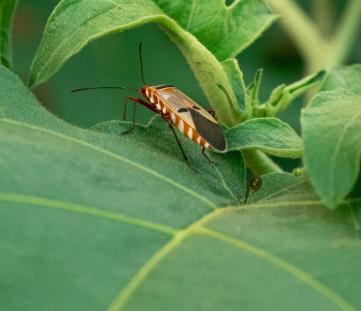
Natural pesticide
Its leaves and/or its fruits contain useful substances that can be used against plant diseases or as natural pesticides.
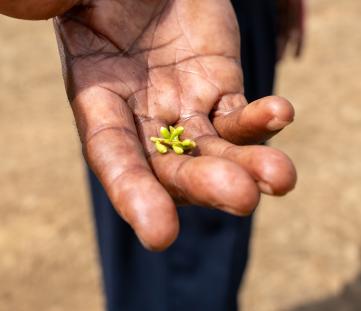
Medicine
Its leaves, roots, bark and/or fruits are used in traditional medicine.

Consumption and sales
Its fruits, seeds and/or leaves are used as food in the farmers' families or are sold on local markets.
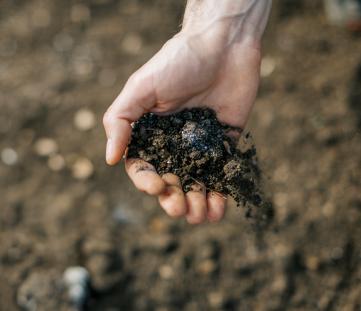
Soil
It improves the quality of the soil thanks to the nitrogen fixation process or it reduces soil erosion, thanks to its extended root system.
My benefits
20%
Food Security
The trees will bear fruits, some that will be edible immediately and others that can become edible through processing, ensuring food resources over time.
70%
Economic development
The trees' fruits and the products derived from their transformation can be traded in local networks, offering income opportunities.
90%
CO₂ Absorption
During its life cycle, each tree will offset CO₂. The trees that you plant can offset your emissions.
80%
Environmental protection
The trees are planted in agroforestry systems that favor the virtuous interaction between the different species and their positive impact on the environment and on the land.